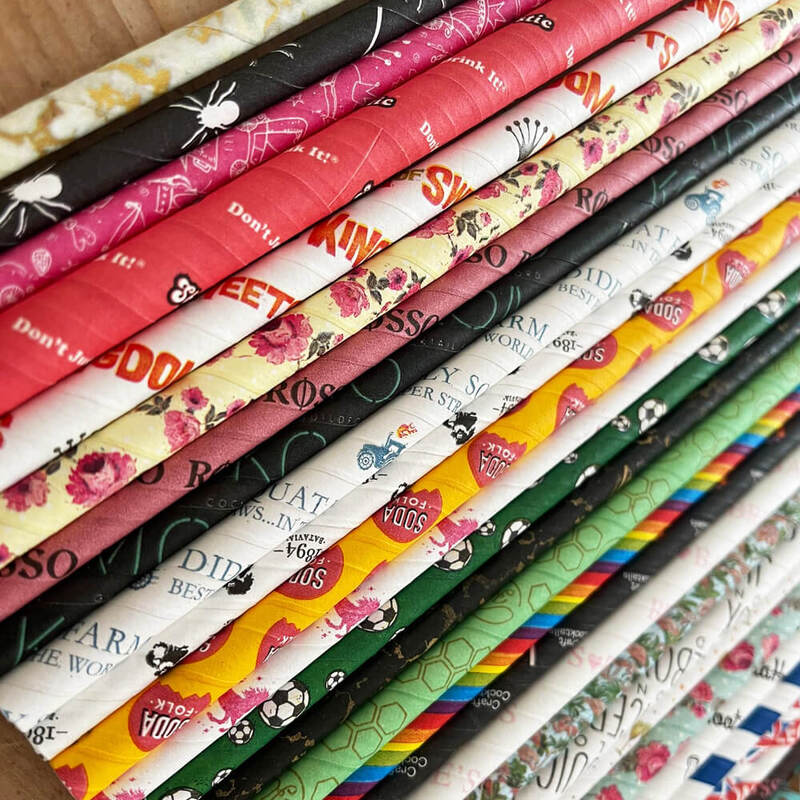The Rise of Biodegradable Greaseproof Paper A Sustainable Alternative for Food Packaging
In recent years, the world has seen a remarkable shift towards sustainability, particularly in the food packaging industry. One of the most promising innovations in this field is biodegradable greaseproof paper. This eco-friendly packaging solution not only offers excellent protection for food products but also helps to address the growing concern of plastic waste that plagues our environment.
Biodegradable greaseproof paper is specifically designed to repel grease and moisture, making it ideal for packaging a variety of foods, such as sandwiches, pastries, and greasy fast foods. Unlike traditional greaseproof papers that are often coated with plastic or other non-biodegradable materials, biodegradable options utilize natural materials and formulations that can decompose in a short period under the right conditions. This unique property significantly reduces the environmental impact associated with food packaging waste.
The ingredients used in producing biodegradable greaseproof paper are typically derived from renewable resources, such as plant fibers. These materials not only provide effective grease resistance but also allow the paper to break down in composting facilities or natural environments, enriching the soil without leaving harmful residues behind. As consumers become more aware of the environmental consequences of their purchasing choices, biodegradable greaseproof paper benefits from an increasing demand driven by a preference for sustainable products.
biodegradable greaseproof paper

One of the key advantages of biodegradable greaseproof paper is its versatility
. It can be used in various food service settings, including bakeries, restaurants, and cafes, where the need for reliable, grease-resistant packaging is crucial. Moreover, this type of paper can be customized with prints and branding, allowing businesses to maintain their visual identity while supporting sustainability efforts. This transition not only helps improve brand image but also engages environmentally conscious consumers who are more likely to support businesses that prioritize eco-friendly practices.Additionally, the production of biodegradable greaseproof paper often requires less energy compared to traditional plastic-based packaging materials. As a result, the carbon footprint associated with manufacturing this sustainable option is significantly lower. This aligns with global initiatives aimed at reducing greenhouse gas emissions and fighting climate change. By choosing biodegradable greaseproof paper, companies can take meaningful steps toward minimizing their environmental impact while also complying with emerging regulations concerning single-use plastics.
However, while the benefits of biodegradable greaseproof paper are numerous, challenges remain. Awareness and availability of these products are still limited in certain regions, and some consumers may be skeptical about their performance compared to conventional options. Therefore, increased education and promotion of biodegradable products are essential to overcome these barriers. It is crucial for manufacturers and retailers to collaborate and communicate the advantages of using biodegradable greaseproof paper effectively, highlighting its performance, environmental benefits, and potential for reducing waste.
In conclusion, biodegradable greaseproof paper represents a significant advancement in sustainable food packaging solutions. As the world rapidly moves towards eco-friendly alternatives, this innovative product offers a promising way to combat plastic waste while still meeting the demands of the food industry. By embracing biodegradable greaseproof paper, businesses can enhance their brand reputation, satisfy environmentally conscious consumers, and contribute to a healthier planet. With continued support and awareness, biodegradable greaseproof paper could very well set the standard for the future of food packaging.



